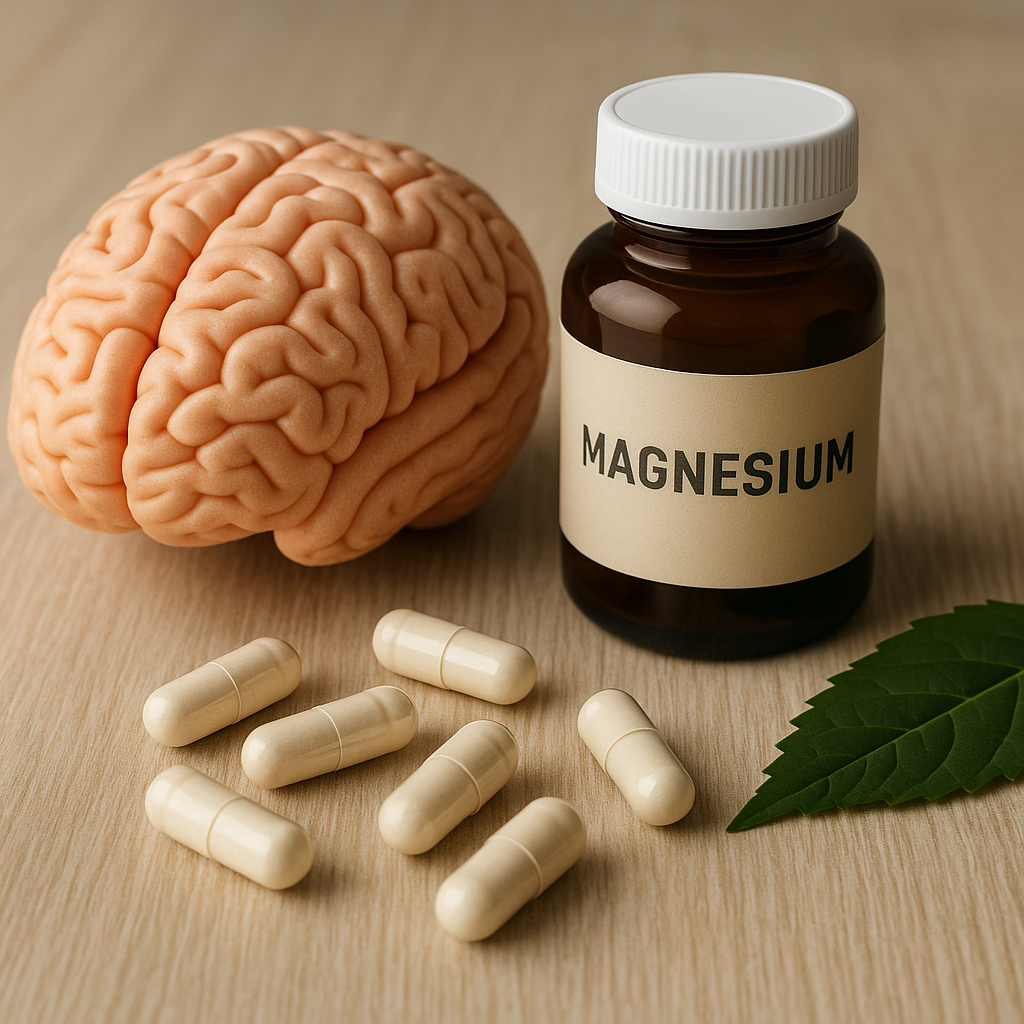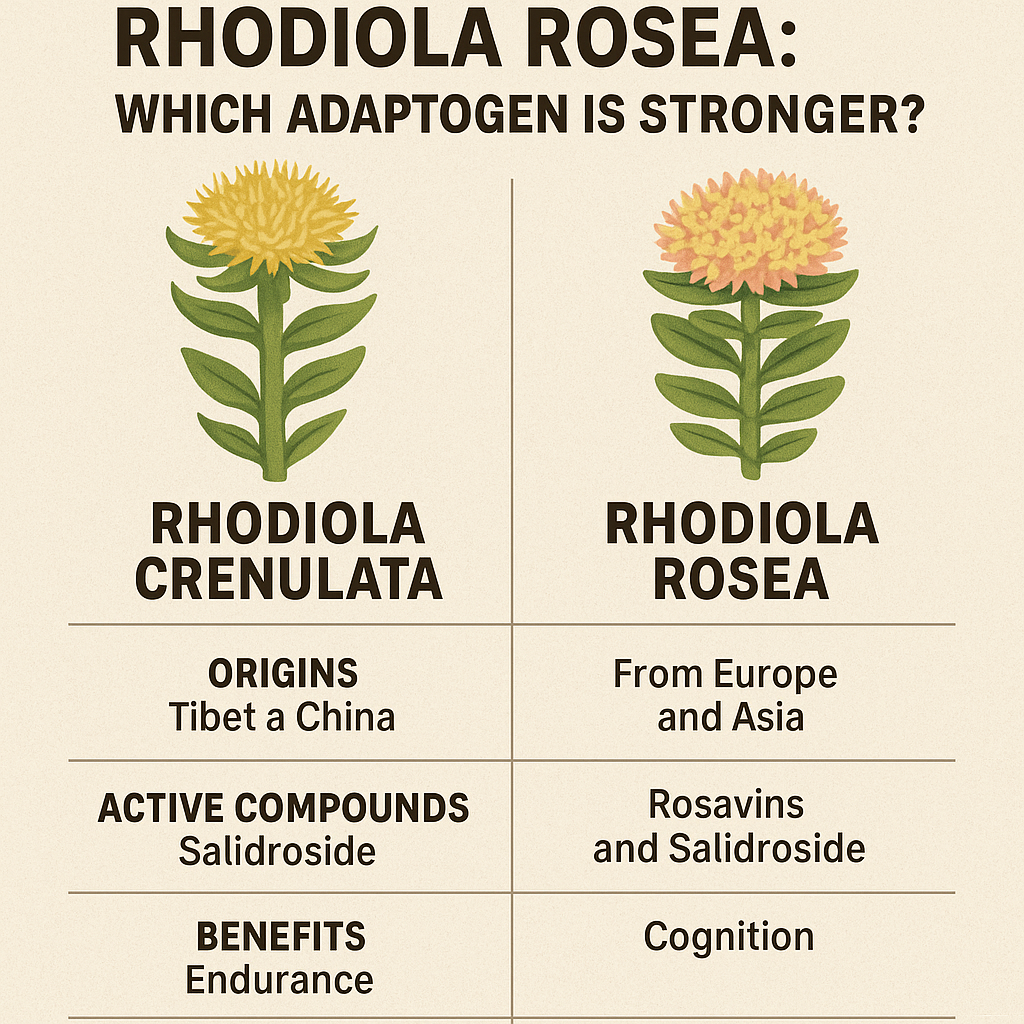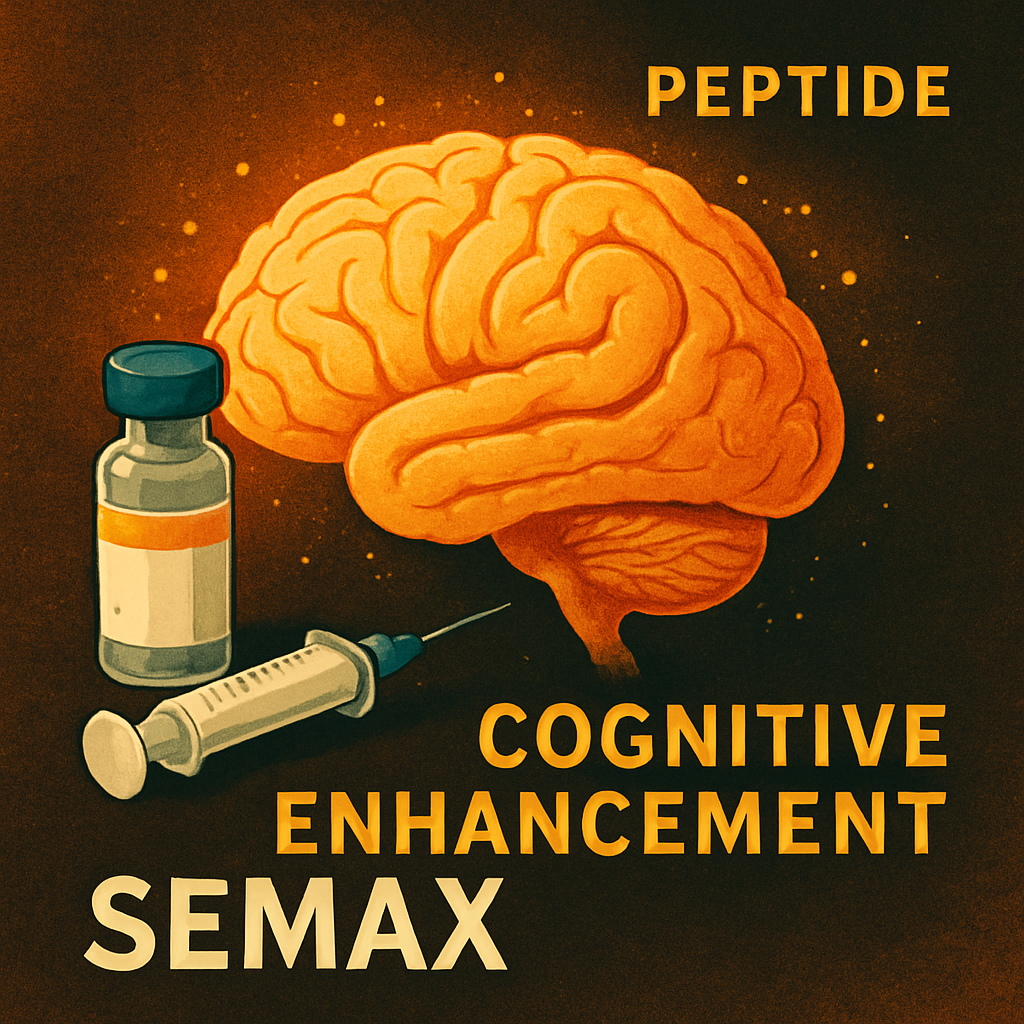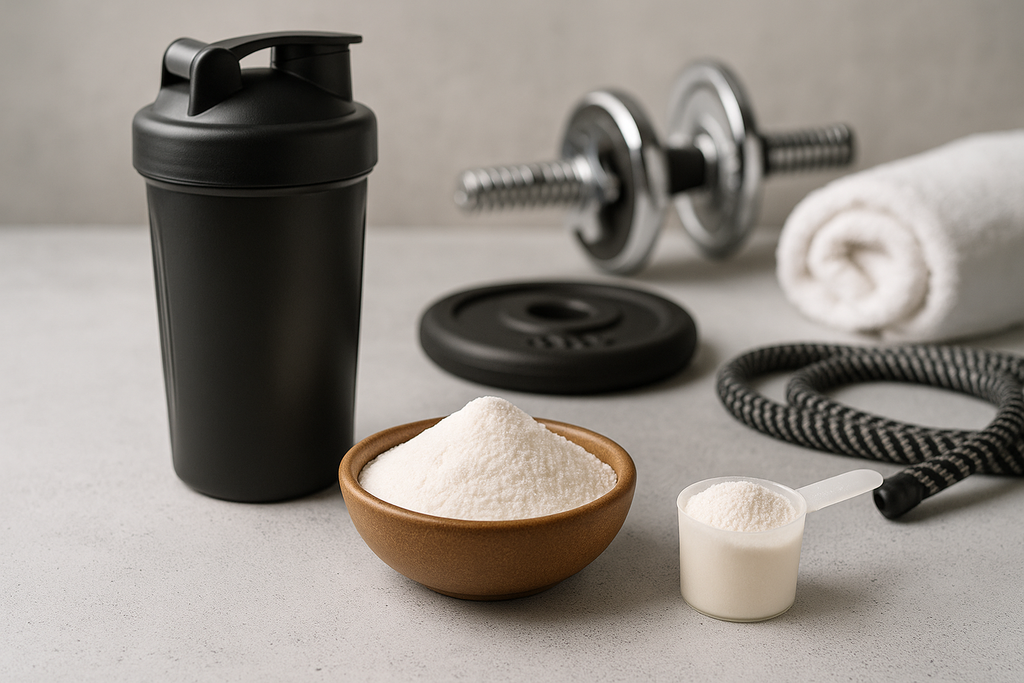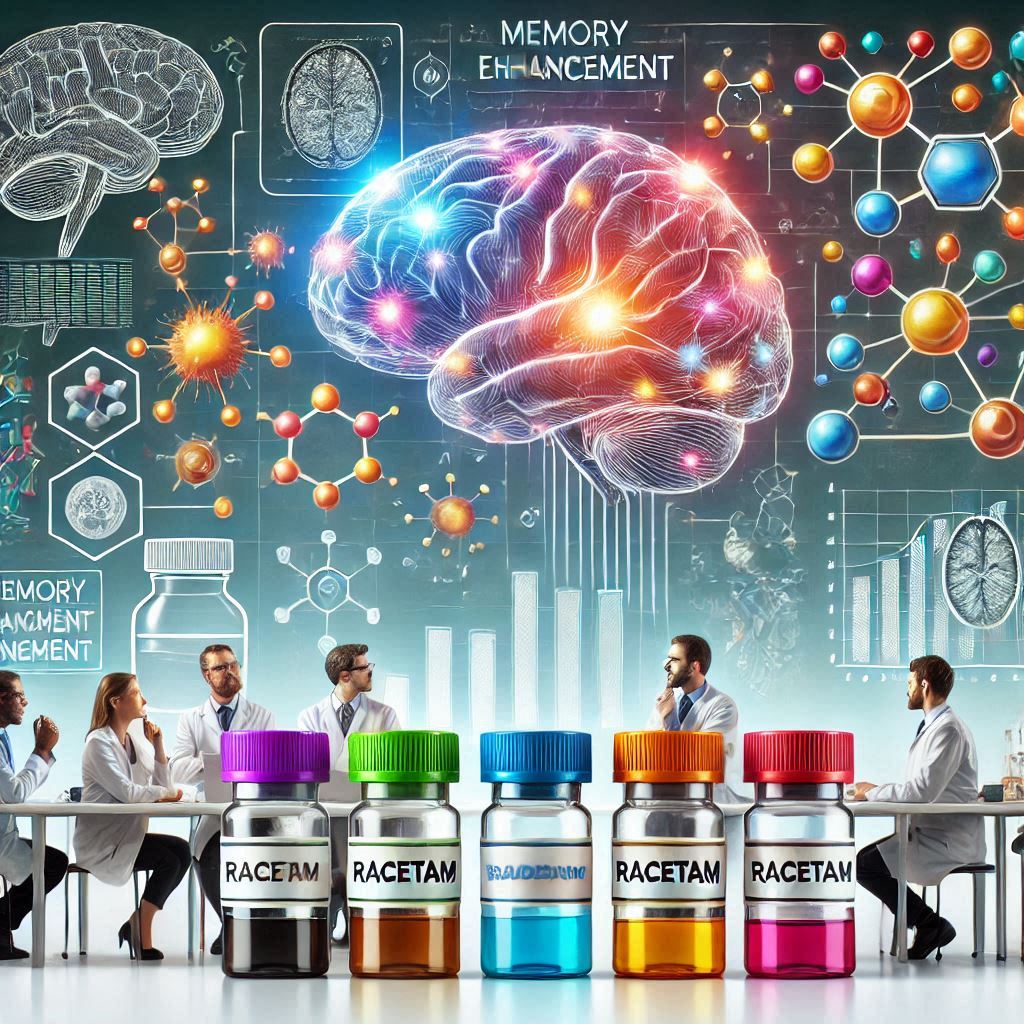News — Nootropics
Magnesium Threonate: The Key to Preventing Age-Related Memory Loss
age-related memory loss best magnesium for memory brain magnesium brain supplements cognitive enhancement magnesium and aging magnesium and Alzheimer’s magnesium dosage magnesium for brain health magnesium for cognitive decline magnesium for seniors magnesium l-threonate magnesium threonate Magtein memory loss prevention memory support neuroprotection nootropics safe magnesium supplements synaptic plasticity
As we age, one of the most concerning and inevitable changes is the decline in memory and cognitive sharpness. While forgetfulness might seem harmless at first, it's often a precursor to more serious neurological deterioration. Scientists have long searched for interventions that support brain health and memory as we age—and among the most promising discoveries is magnesium threonate, a highly bioavailable form of magnesium specifically designed to cross the blood-brain barrier.
Unlike other magnesium supplements, magnesium threonate targets the brain directly, replenishing essential magnesium levels in the central nervous system. This not only supports memory formation but also protects neurons from age-related stress and degeneration. In this article, we’ll explore how magnesium threonate works, why it’s uniquely effective for cognitive function, and whether it could be the missing link in your brain health routine.
Rhodiola Crenulata vs. Rhodiola Rosea: Which Adaptogen is More Powerful?
adaptogenic herbs adaptogens brain health cognitive enhancers endurance supplements fatigue reduction herbal supplements high altitude herbs mental clarity mood support natural energy boosters natural remedies nootropics physical performance rhodiola rhodiola crenulata rhodiola rosea rosavins salidroside stress relief
When it comes to natural remedies that enhance performance, resilience, and overall vitality, few herbs receive as much attention as Rhodiola. This powerful adaptogen has taken the health and wellness world by storm, especially among biohackers, athletes, and wellness enthusiasts seeking a clean edge. But there's a growing debate: Rhodiola Crenulata vs. Rhodiola Rosea—which one is stronger?
Both Rhodiola varieties have deep roots in traditional medicine and are known for their remarkable ability to help the body adapt to stress. Yet, while they share similarities, their origins, chemical profiles, and effects vary significantly. Understanding these differences is key to making an informed choice that aligns with your wellness goals. Whether you're trying to boost focus, fight fatigue, or sharpen your edge under pressure, this comprehensive guide will break down everything you need to know.
Semax: The Powerful Peptide Nootropic for Cognitive Enhancement & Brain Health
BDNF brain booster brain health cognitive enhancement dopamine focus enhancer memory supplement mental clarity neuroplasticity neuroprotection nootropics Russian nootropics Semax Semax benefits Semax dosage Semax for focus Semax nasal spray Semax peptide Semax side effects smart drugs
In the expanding world of nootropics, few substances have captured attention quite like Semax. Originally developed in Russia for medical applications, this synthetic peptide has evolved into a favorite among cognitive enhancement enthusiasts. With a growing body of research supporting its benefits, Semax is no longer just a curiosity from the East—it’s becoming a mainstay in the toolkit of biohackers, students, professionals, and anyone looking to sharpen their mental edge.
What sets Semax apart is its unique mechanism of action. Unlike many cognitive enhancers that rely on traditional stimulants or neurotransmitter modulation, Semax works on a deeper level—impacting the brain’s response to stress, increasing BDNF (brain-derived neurotrophic factor), and promoting neuroplasticity. These features make it a promising supplement not only for boosting focus and memory but also for long-term brain health. If you're searching for an edge in productivity, creativity, or mental stamina, Semax might just be the peptide worth exploring.
Beyond the Myths: Your Ultimate Guide to Creatine’s Real Benefits and Safety
ATP energy best creatine creatine creatine and kidneys creatine benefits creatine daily use creatine dosing creatine for brain creatine for seniors creatine for vegetarians creatine for women creatine monohydrate creatine myths creatine safety creatine science creatine side effects healthy aging muscle building supplements nootropics safe supplements
Creatine might just be the most misunderstood supplement in sports nutrition. Despite decades of scientific research and use by athletes around the world, it’s still clouded by misconceptions—many of which couldn’t be further from the truth. From fears about kidney damage to confusion about water retention, creatine has sparked debate in locker rooms and gyms alike. But here’s the reality: creatine is not only safe, it’s one of the most effective and well-researched supplements on the market.
Whether you’re trying to build muscle, boost endurance, enhance cognition, or simply age more gracefully, creatine offers real, measurable benefits. And it’s not just for bodybuilders—older adults, vegetarians, women, and even non-athletes can benefit. This comprehensive guide cuts through the hype and dives into the science-backed truths about creatine’s role in strength, health, and performance.
The Science of Memory Enhancement: A Look at Racetams
Brain Health brain supplements cognitive enhancers memory boosting drugs memory enhancement nootropics piracetam racetams
The quest to enhance memory and cognitive function has driven the development of numerous supplements and medications, with racetams emerging as one of the most discussed classes of cognitive enhancers. Known for their potential to improve memory, focus, and mental clarity, racetams have captivated researchers and enthusiasts alike.
This article explores the science behind racetams, their benefits, risks, and how they fit into the broader world of nootropics, providing a balanced perspective on their role in cognitive enhancement.

